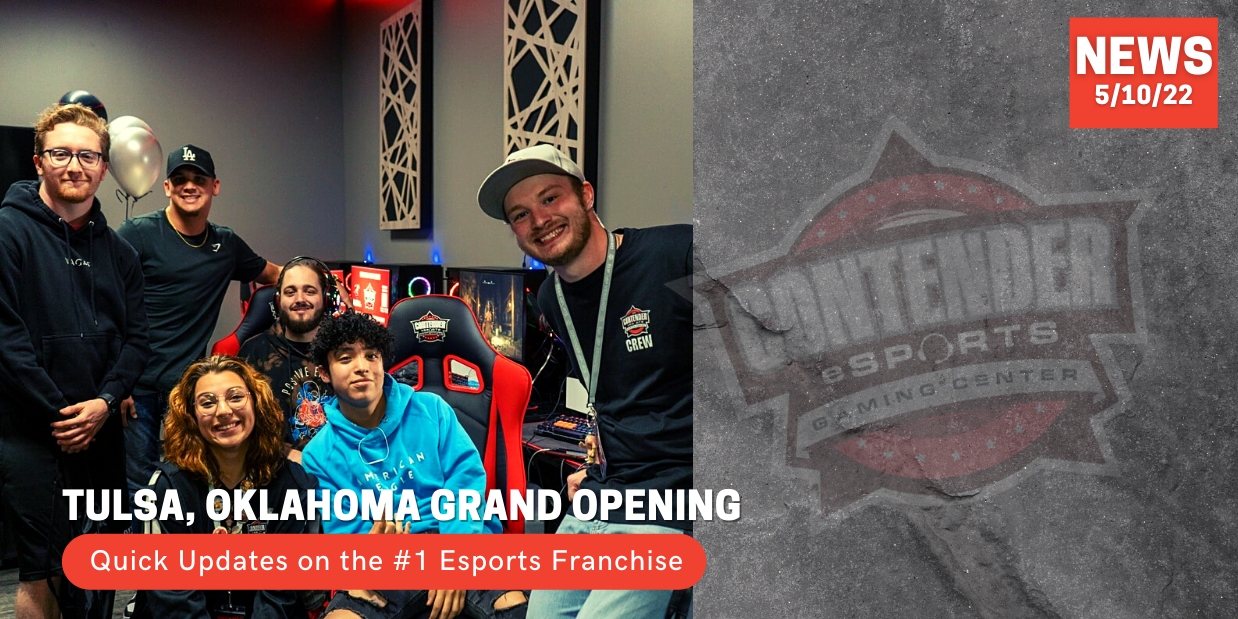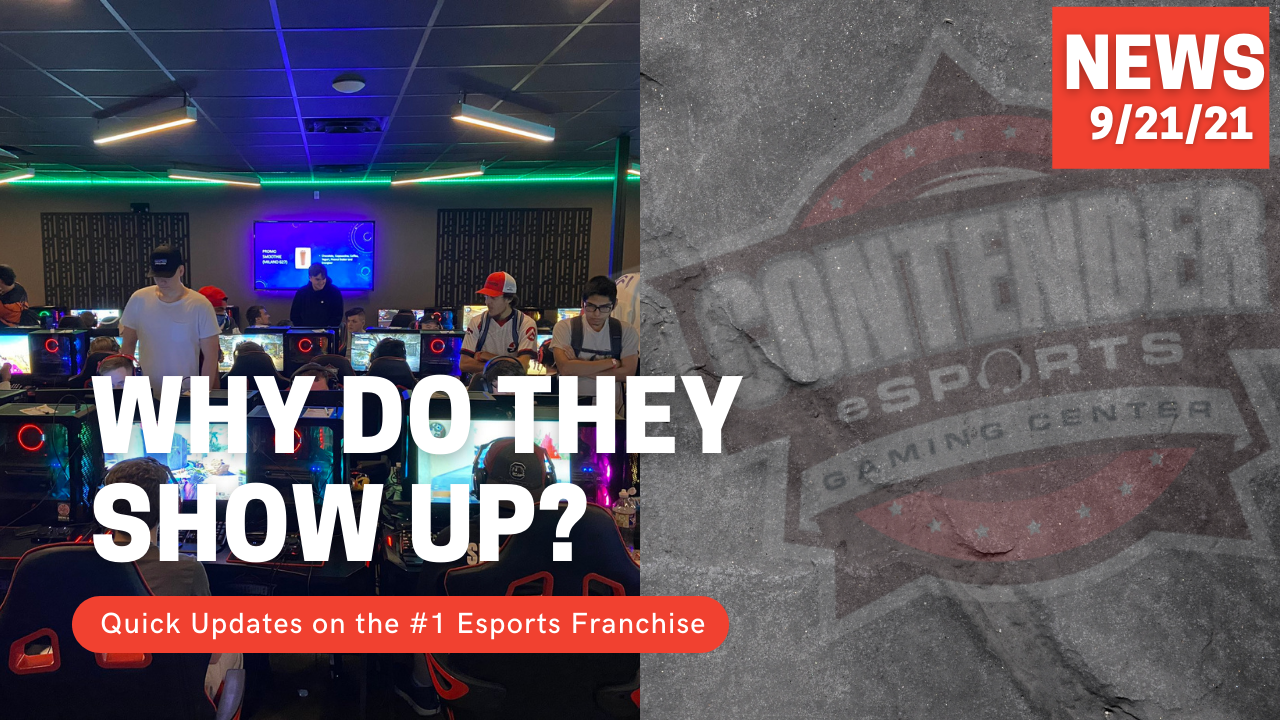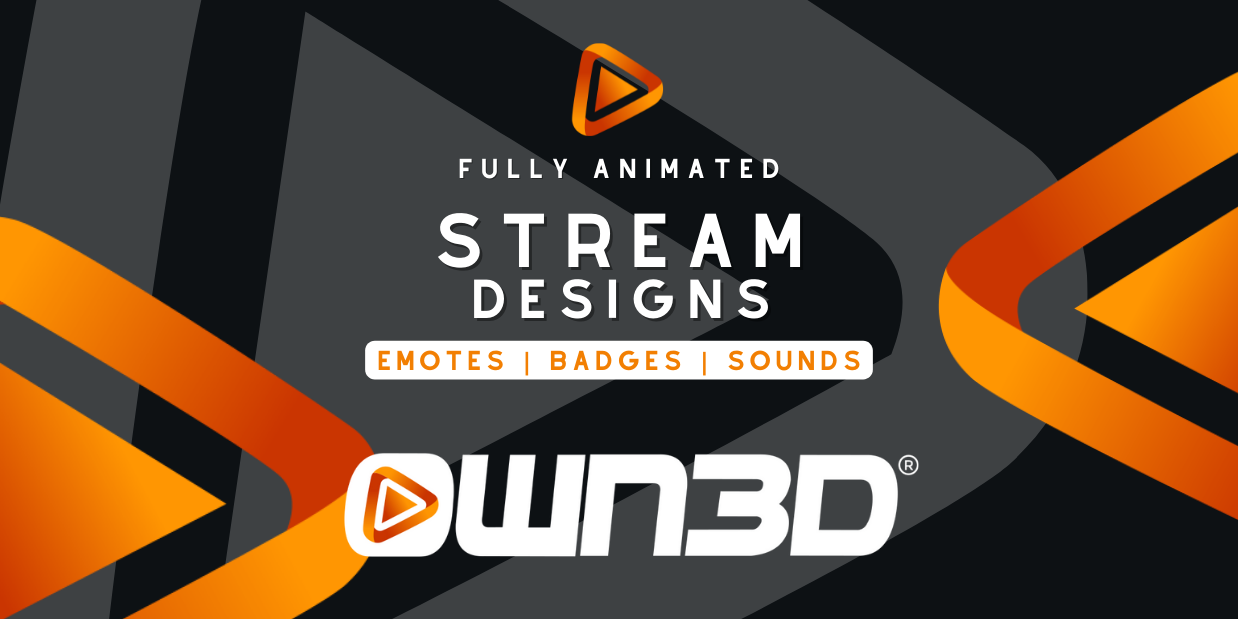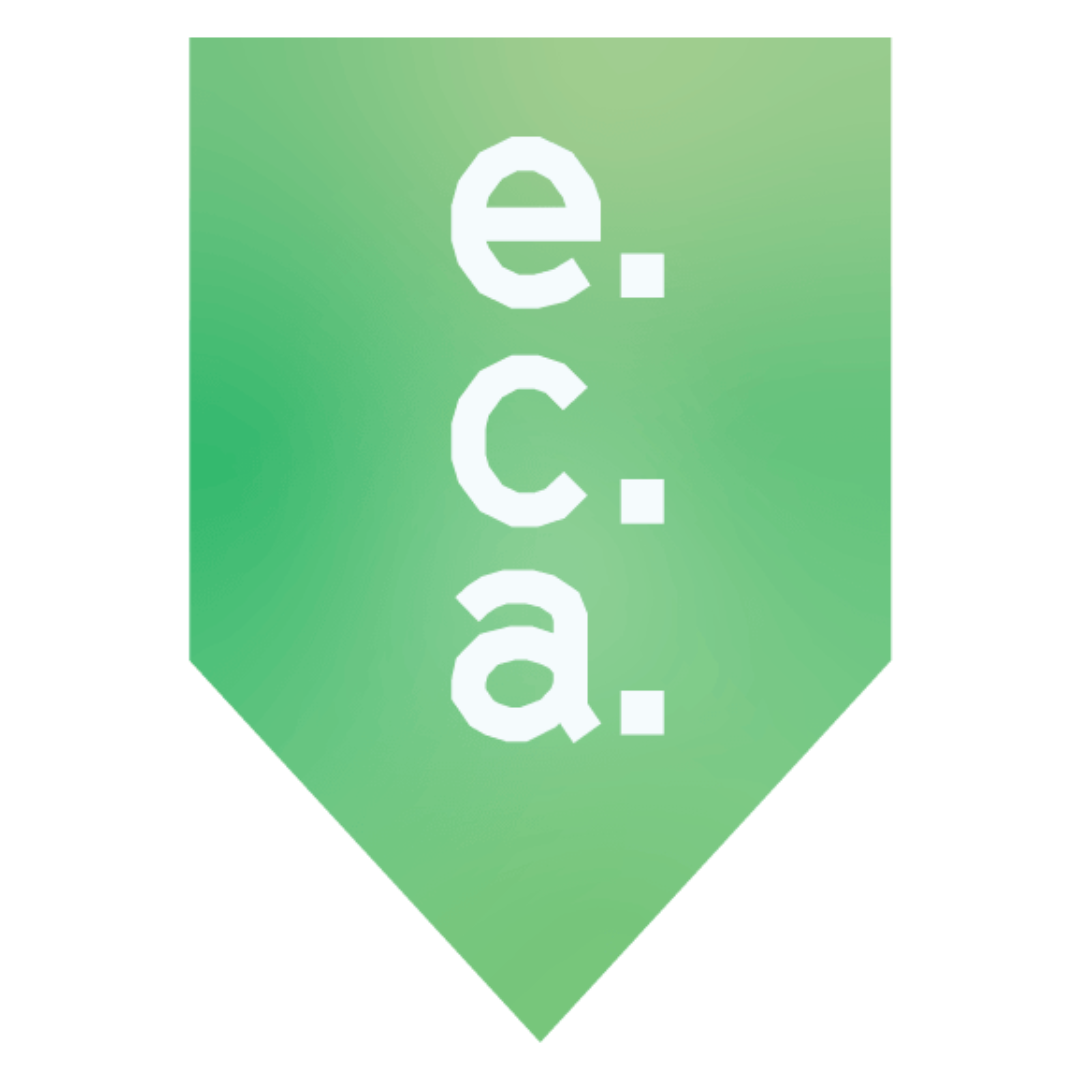The next time you see someone with eyes glued to a computer screen, fingers rapidly mashing buttons on the keyboard, occasionally twitching toward a pile of nearby energy drinks, don’t assume he’s wasting his life on video games.
That person could be just as talented at his (or her) respective passion as a Division I football or basketball player. There’s also a chance that person will go on to participate in a form of college competition, esports, and earn scholarships just as valuable as those secured by counterparts on the football field or basketball court.
And if college competition is in the offing, whether they’re in Seattle or back east or elsewhere in the Midwest, a lot of their direction will probably come from right here in Kansas City.
Esports originated as a free-for-all battlefield when it came to organized competition, especially at the collegiate level. But now, thanks to the National Association of Collegiate Esports (NACE), competitive collegiate esports has a platform on which to build.
Based inside the NAIA’s offices on Grand Boulevard in Kansas City and working in conjunction with a host of NCAA and NAIA schools, NACE is the umbrella organization for collegiate esports programs nationwide, from four-year universities to smaller schools like Park University in Parkville, the University of Saint Mary in Leavenworth, Kan., and KC’s Columbia College.
“It’s a lot of STEM (science, tech, engineering, math) majors, which is a whole different demographic than you would see in traditional sports,” said NACE marketing manager Victoria Horsley. “So we’re reaching out to a whole set of students and a whole different niche, and it’s really nice to be able to see them blossom in college like other people can.”
Since launching in July 2016 under NACE executive director Michael Brooks, the organization has grown to govern more than 120 schools — or 94 percent of colleges currently involved in esports.
Horsley said schools such as Missouri and Wichita State often start out playing Overwatch and League of Legends — two popular video games — when they submit their declaration of intent with NACE. Many later branch into games that are considered more niche, such as Rocket League, Rainbow Siege Six and Counter-Strike: Global Offense.
NACE has yet to see a groundswell of support for collegiate esports competing in traditional sports games — FIFA or Madden, for instance — because game developer EA Sports typically stages its own competitions.
But it’s not just the opportunity to play at the collegiate level that attracts prospective participants.
“Some of our schools don’t offer a whole lot, and then some offer full rides (scholarships),” Horsley said. “It just kind of varies depending on the school, and how much money they have.
“But we hosted a Smite and Paladins tournament in the fall, and we offered $100,000 in scholarships in partnerships with Hi-Rez Studios, which is the developer of those games.”
The relationship between participating colleges and NACE is a two-way street, with schools often incorporating esports into their official teams in order to draw in more STEM majors. The average ACT score of esports students governed by NACE is an impressive 30 out of 36.
“Traditional sports attract the other side of college offerings: School of Business, School of Journalism, those kind of things,” Horsley said. “It’s really beneficial to us to see that … a president of a university can ask, ‘How can I get more math majors?’ and then they see something like esports come in and they see that’s a way to draw attention to (STEM) students.”
At the start of 2018, NACE had just 50 schools in its books. A year later, that number has more than doubled.
Horsley looks forward to the continued growth of both NACE, here in Kansas City, and esports overall.
”For us, personally, it’s awesome,” she said. “We’re kind of on the ground floor of something that is really, really growing. I think it’s really, really great. I get to see the firsthand changes that it makes for students.”
BY SHAUN GOODWIN JANUARY 10, 2019 02:39 PM
View Original Article
For more information about Contender eSports, check out our FAQs.
















